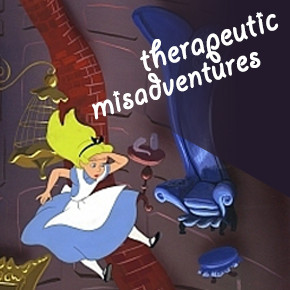The subject of mental health is especially close to my heart; my struggle with depression and anxiety has had an immense impact on my experience during medical school. Yet I never realized how utterly commonplace this is until reading a recent piece on Medscape, “Med Student Suicide, Depression: National Response Needed.” I had no idea, none at all, how many others there were struggling just like me. What I do know is, had there been a screening method in place and more than a half-ditch effort to de-stigmatize these problems, my medical school experience could have been vastly different.
Although this piece on Medscape focused on changes needed among interns, residents and practicing physicians, I believe it is the medical students who need targeting first and foremost. We learn day in and day out how important it is to prevent illness and its respective complications, versus treatment alone. This same approach must be taken in managing this epidemic among our medical community. The earlier those struggling can be identified, the earlier they can access resources and prevent the progression of disease severity.
Interventions need to be made early on to provide this population with the coping skills necessary to identify and manage the consequences of burnout. The burden of “decreased sleep, relocation resulting in fewer available support systems, and feelings of isolation” starts from day one of medical education and so should these programs. It seems obvious that those who experience depression and suicidal ideations as medical students are more likely to experience similar, if not more severe episodes, during their residency and in their practice.
Students, interns and residents need to be equipped with a toolbox full of knowledge and skills to identify signs of trouble in both themselves and their colleagues. Still, it would be naive to say that this toolbox would be sufficient. I have an overflowing toolbox, including a psychology degree and a strong support system, yet I still struggled. It is the overall attitude and stigma associated with mental health that often gets in the way of sufferers seeking help, even when it is easily accessible. Ultimately, an attitude shift among the medical community and the population at large will be a critical component in successfully implementing these vital programs and bringing about change.
Therapeutic Misadventures catalogs the unanticipated effects of medical school and is meant to provide a sense of the emotional roller coaster that is medical education. It is a peek into what it really feels like to be a medical student and the perpetual challenges that come with that life. Spoiler alert: it’s hard.

